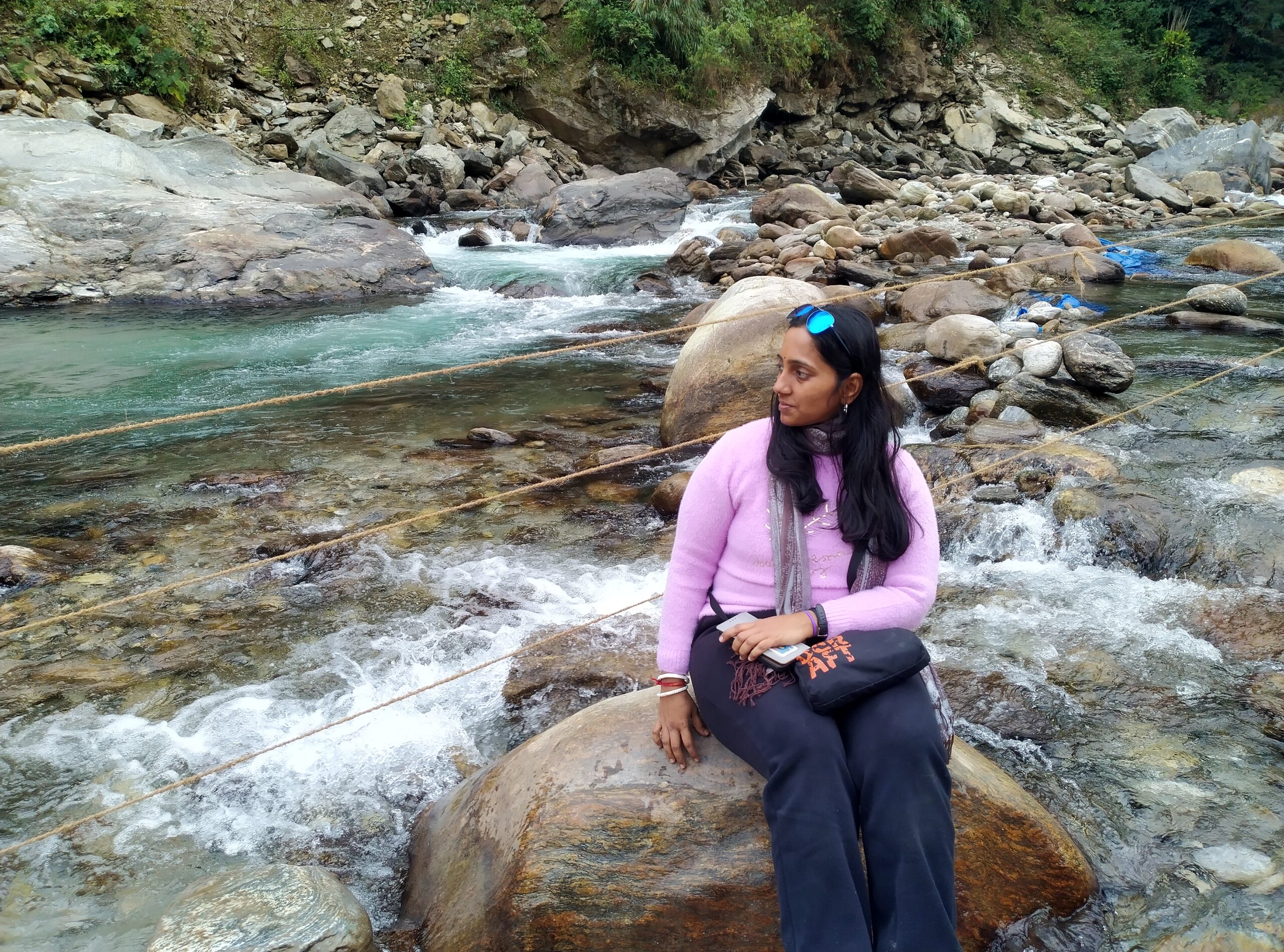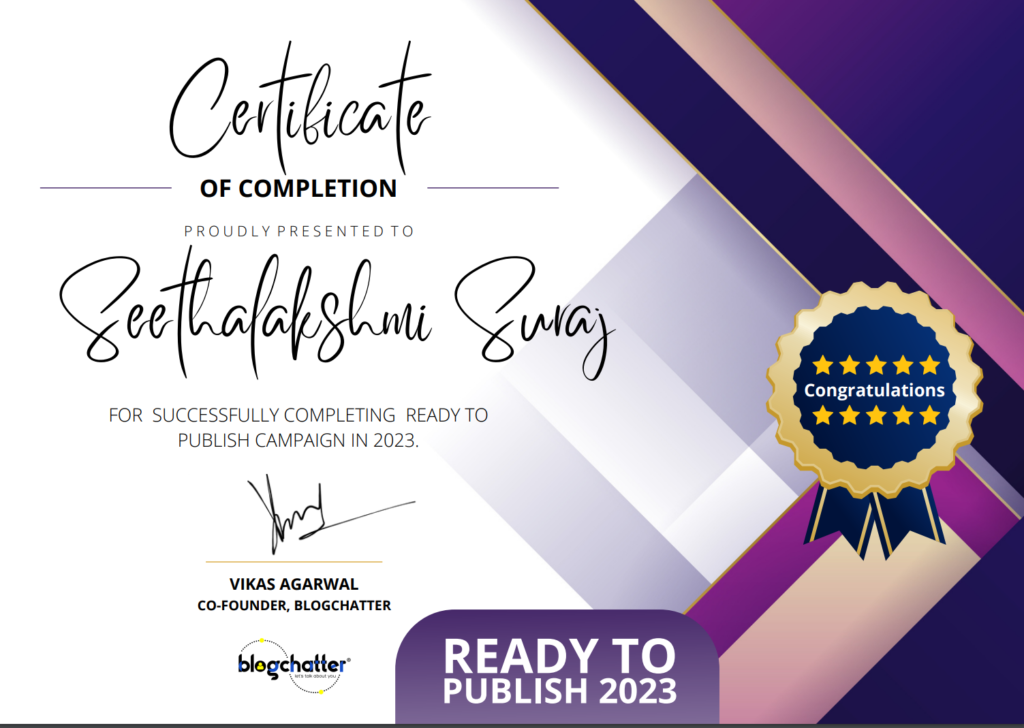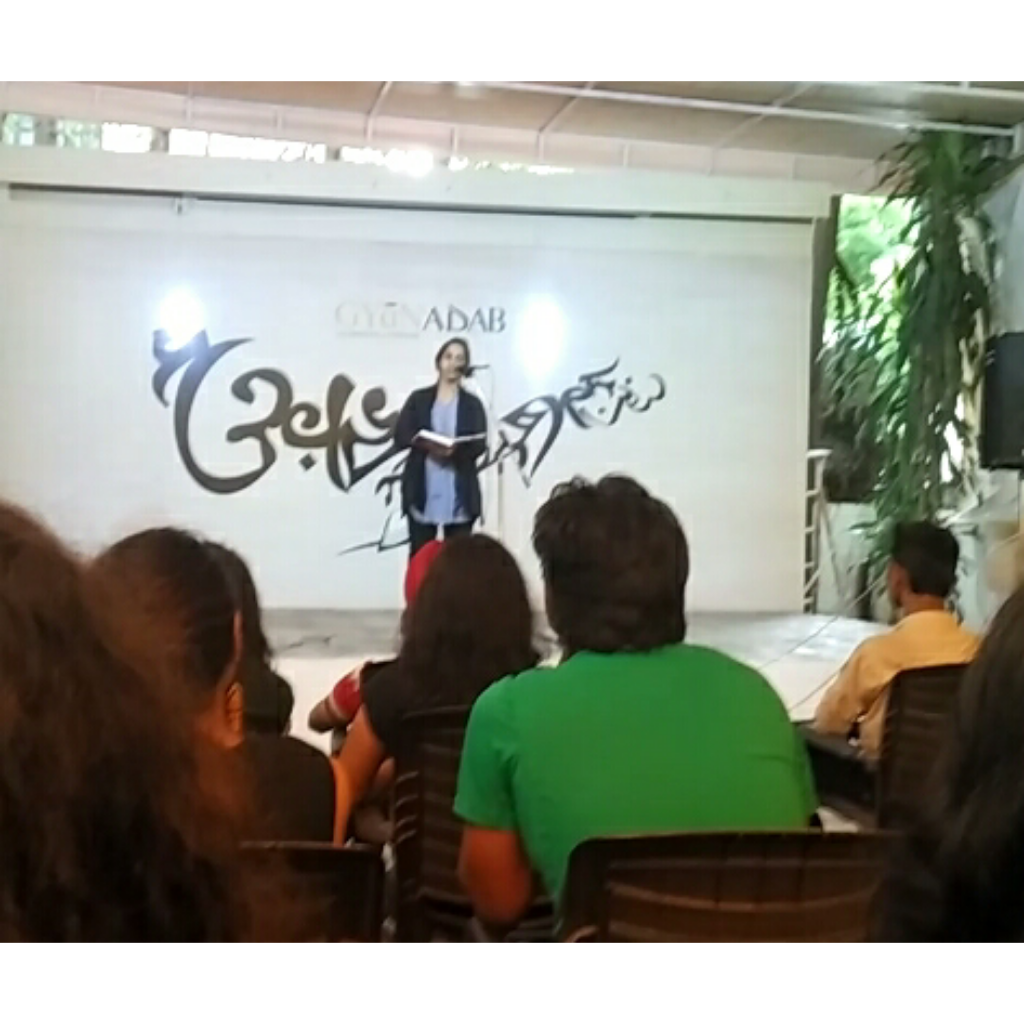
Every September, #ITPAwarenessWeek arrives as a gentle reminder for me to pause, look inward, and share a slice of my life with an autoimmune condition. Living with Immune Thrombocytopenia (ITP) is a quiet, strange battle. The symptoms are invisible to most, but their weight is very real. Writing has been my way of making sense of it, not just for myself, but also for those who may feel alone in their own struggles.
Currently, I am pursuing a publishing course, and one of the tasks given was to “read like a writer” and explore writing the same incident in three different writing styles. So this year, I thought of combining the task with my usual ITP awareness campaign and came up with a fictionalized account of a morning in the life of an autoimmune warrior, based on my personal experience.
Here’s the prompt I gave myself:
“Describe how some days feel/look like while waking up with an autoimmune condition.”
The three writing styles I explored are inspired by these excerpts:
Excerpt 1 – Family Life (Akhil Sharma, 2014)
(narrated by Ajay, a boy whose brother suffers a devastating accident in America)
“We had been in America for two years. I was ten, my brother Birju was fourteen. He was tall, skinny, with long legs that seemed too big for his body. When he walked, his knees lifted higher than other people’s. My mother was always telling him to slow down. ‘Don’t run,’ she said. ‘Don’t go too fast.’ But Birju was always in a hurry. He wanted to see everything. He wanted to know everything. Then he dove into a pool and struck his head on the bottom and everything stopped.
When my father came home from work, my mother told him what had happened. He sat in his chair in silence. He lit a cigarette and did not say a word. The smoke hung in the air. I remember thinking that even the walls seemed to have stopped breathing.”
Style 1 – My take: From the point of view of a daughter of a mother with an autoimmune condition
She is late today. Usually, Amma is up early, and we leave for swimming by five. But today, Appa had to wake both of us. I got some extra sleep. I am happy.
Amma looks normal, but she struggles to get up. She says she is tired. I don’t know what that means. After brushing her teeth, I see the blood. Her gums are bleeding. No dosai in the box today. No snacks in the evening. Only curd rice, the whole day. She looks fine, but she keeps saying she is tired. Always.
Appa hurries me to get ready. He decides to stay back and work from home. He will drop me at school and pick me up too. He calls the lab person. Sometimes the lab person pricks Amma many times. Sometimes the blood doesn’t stop. But Amma never flinches. I wonder how.
She tells me to get ready. Listen to Appa. Then kisses me goodbye, drinks some water, and goes back to sleep.
Excerpt 2 – An Obedient Father (2000)
(Ram Karan, a corrupt Delhi official, narrates with brutal honesty about himself)
“My daughter hates me. She lives with me because she has no money and no choice. When I come home, she closes the door to her room. I sit in the living room watching television. The noise fills the house. I like watching cricket and old movies. Sometimes I laugh at the comedy shows, and I know she hears me. She never laughs.
I used to take bribes at work. Now I take smaller bribes, just enough to get by. My body has grown heavy. When I bend, I wheeze. I eat sweets though I know they are bad for me. I cannot stop. My daughter watches me eat and looks at me with disgust. She does not have to say anything. Her silence is like a knife.”
Style 2 – My take: First-person point of view
It’s 7 am already. How did I miss the alarm? That makes it the third day this week I’ve skipped swimming. I slept early yesterday. Why am I still so tired after ten hours of sleep? I can almost hear my coach taunt me: always giving excuses for not being regular. I can’t say I’m tired again—not to him, not to my daughter. I promised I would show up every day. I promised I would take her out after school today.
I push myself out of bed. There are big bruises on my leg. They weren’t there yesterday. Did I hit the pool rod? I don’t think so. Or the cot? But there’s a pillow there. The bruise feels too big for that. I’m tired of even thinking.
In the bathroom, the answer comes. My gums start bleeding when I brush. It doesn’t stop at first. I press down, I wait. After a minute, it slows. I rinse gently, with my finger.
My daughter is still sleeping. I let her. It’s kinder this way; kinder than hearing me say again, “I’m tired,” and ending up yelling at her to get ready for school by herself.
Excerpt 3 – The Namesake (Jumpa Lahiri)
On a sticky August evening two weeks before her due date, Ashima Ganguli stands in the kitchen of a Central Square apartment, combining Rice Krispies and Planters peanuts and chopped red onion in a bowl. She adds salt, lemon juice, thin slices of green chili pepper, wishing there were mustard oil to pour into the mix. Ashima has been consuming this concoction throughout her pregnancy, a humble approximation of the snack sold for pennies on Calcutta sidewalks and on railway platforms throughout India, spilling from newspaper cones. Even now that there is barely space inside her, it is the one thing she craves. Tasting from a cupped palm, she frowns; as usual, there’s something missing. She stares blankly at the pegboard behind the countertop where her cooking utensils hang, all slightly coated with grease. She wipes sweat from her face with the free end of her sari. Her swollen feet ache against speckled gray linoleum. Her pelvis aches from the baby’s weight. She opens a cupboard, the shelves lined with a grimy yellow-and-white-checkered paper she’s been meaning to replace, and reaches for another onion, frowning again as she pulls at its crisp magenta skin. A curious warmth floods her abdomen, followed by a tightening so severe she doubles over, gasping without sound, dropping the onion with a thud on the floor.
Style 3 – My take: Third-person point of view
She had planned her night before and prepped her breakfast so she could have a good night’s sleep and wake up fresh like a swimmer ready to dive. But she slept through the alarm, missing her session, and woke groggy even after ten hours of undisturbed sleep. The bright sun seeping through the windowpane of her bedroom felt heavy on her eyes. As she turned to the side, her daughter’s embracing arm weighed her down, and it was a struggle to lift those slender limbs and push her aside. Guilt pressed harder than her daughter’s touch.
Walking a few steps to the bathroom felt like a herculean task. Her lunch date with her daughter could not happen today. The bruises mushrooming on her legs only confirmed her fear. She trudged forward, careful of her sore muscles and the steps ahead. She could not afford a slip. She reached for the brush. Even that felt heavier than it should. She placed a pea-sized amount of toothpaste on the bristles and moved it gently across her teeth, but in vain. The metallic taste of blood filled her mouth, sharper than the sight of the branching bruise on her skin.
She spat into the sink and rinsed the basin clean, as if tidying away what she could not control.
While this was an attempt to tell a real-time experience in a fictionalized way, for me, this was more than a writing exercise. It’s a way to show that chronic illness is layered; sometimes stark, sometimes tender, sometimes surprisingly beautiful in the resilience it demands. And for those who live with ITP or love someone who does, maybe you’ll recognize that your story too can be told in many voices.
Because awareness is not just about numbers or symptoms. It’s also about stories and the courage to tell them.
Suggested Reads:









